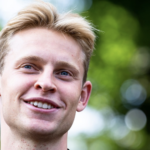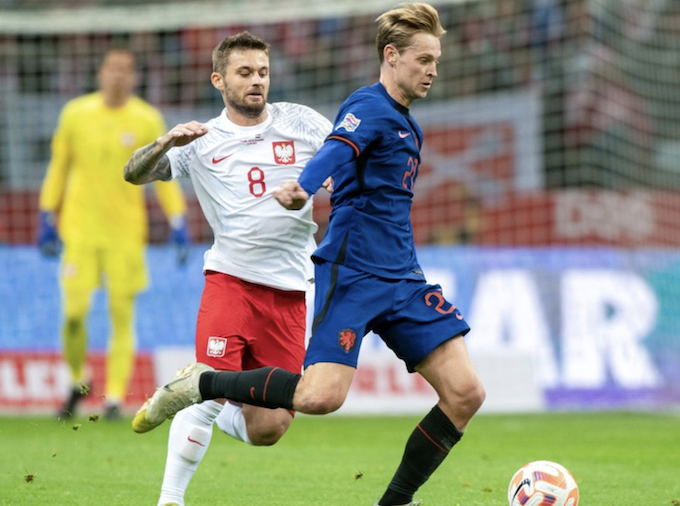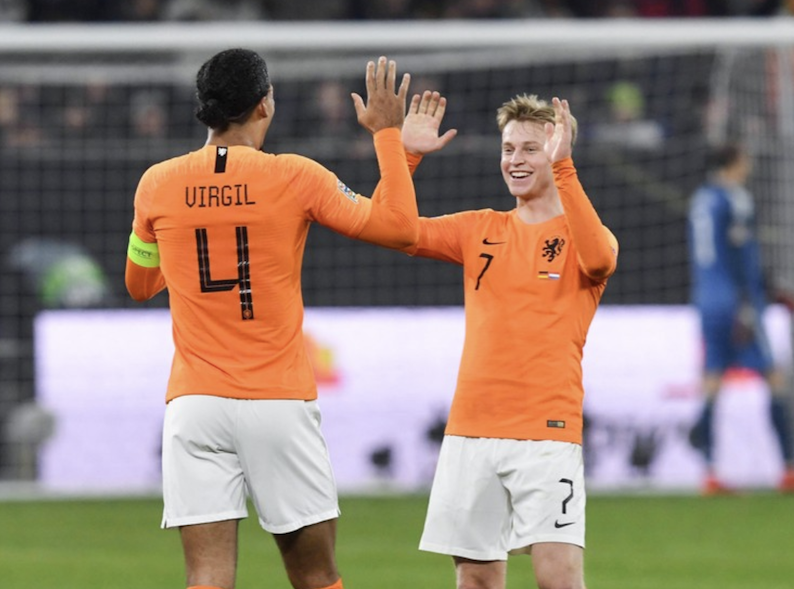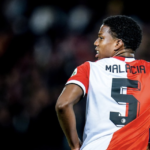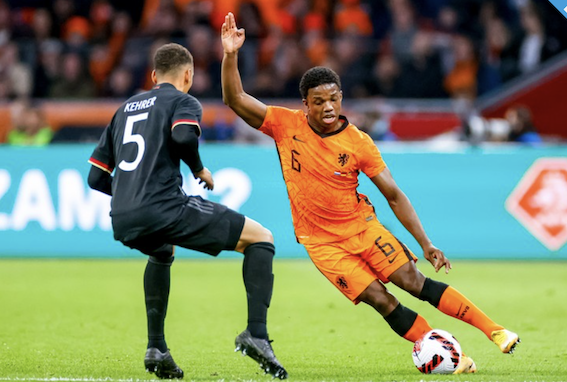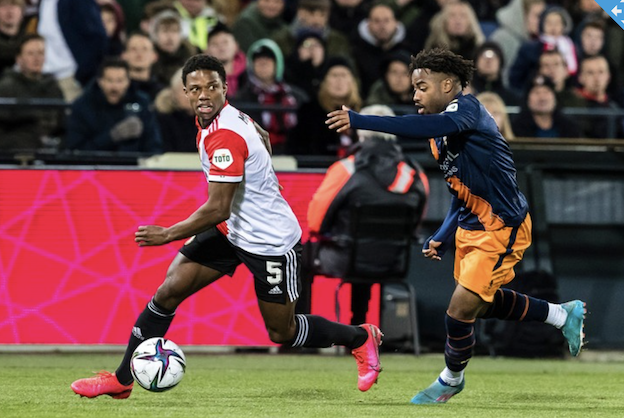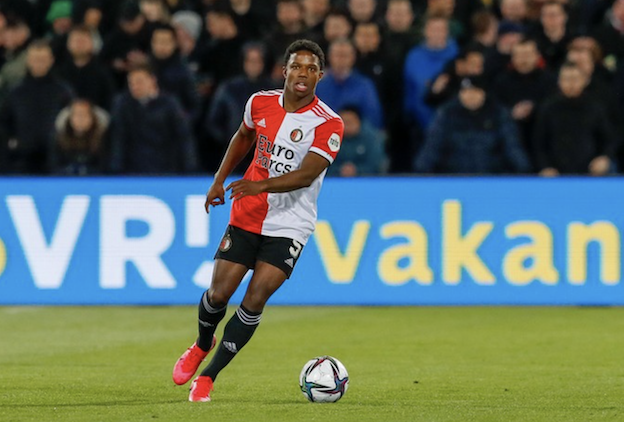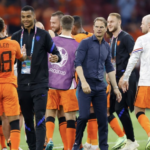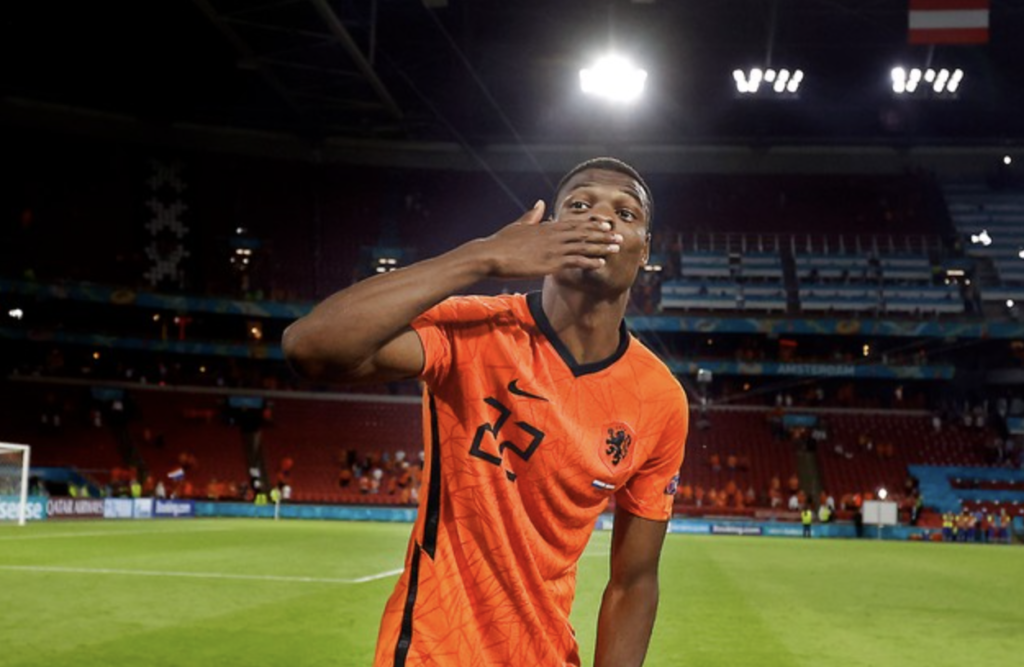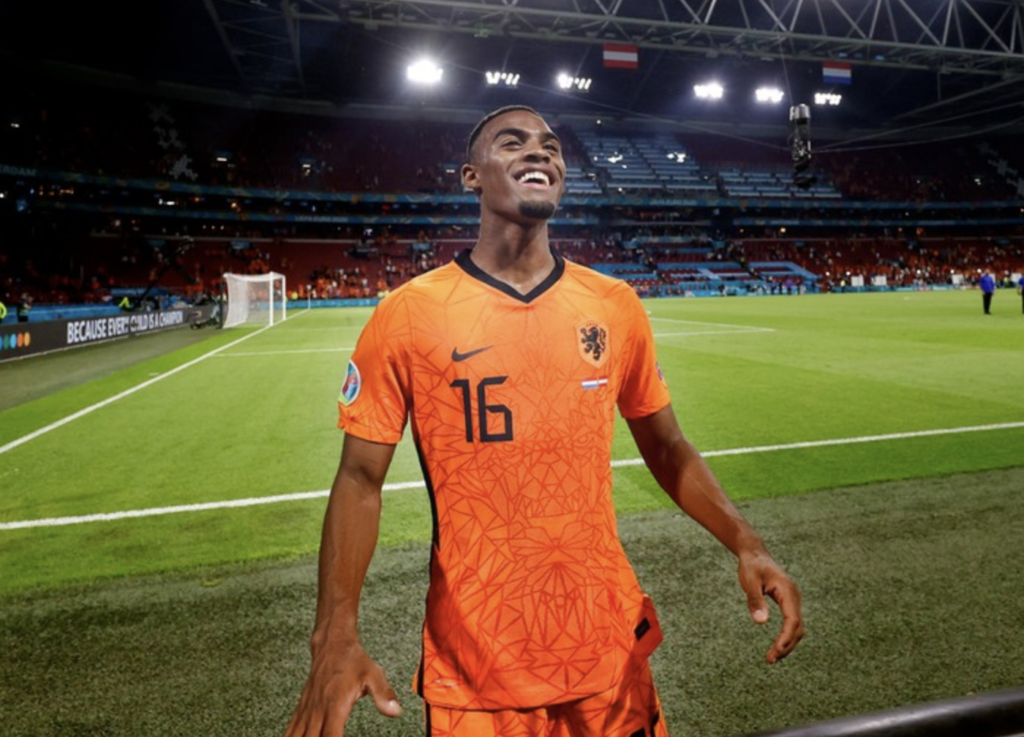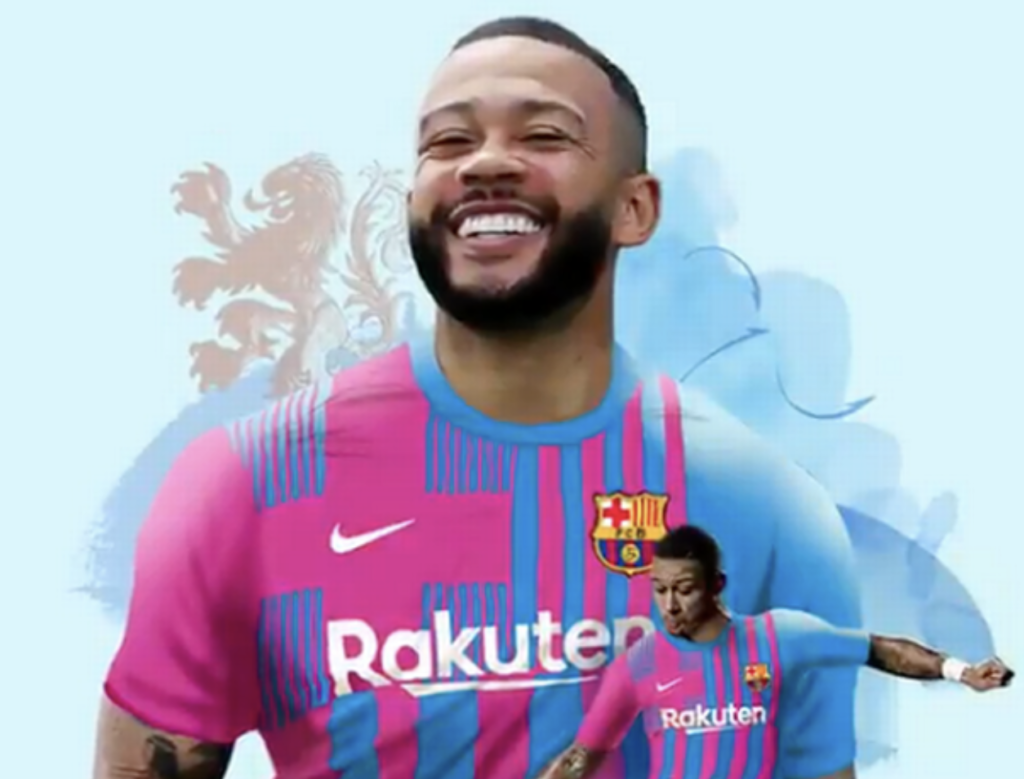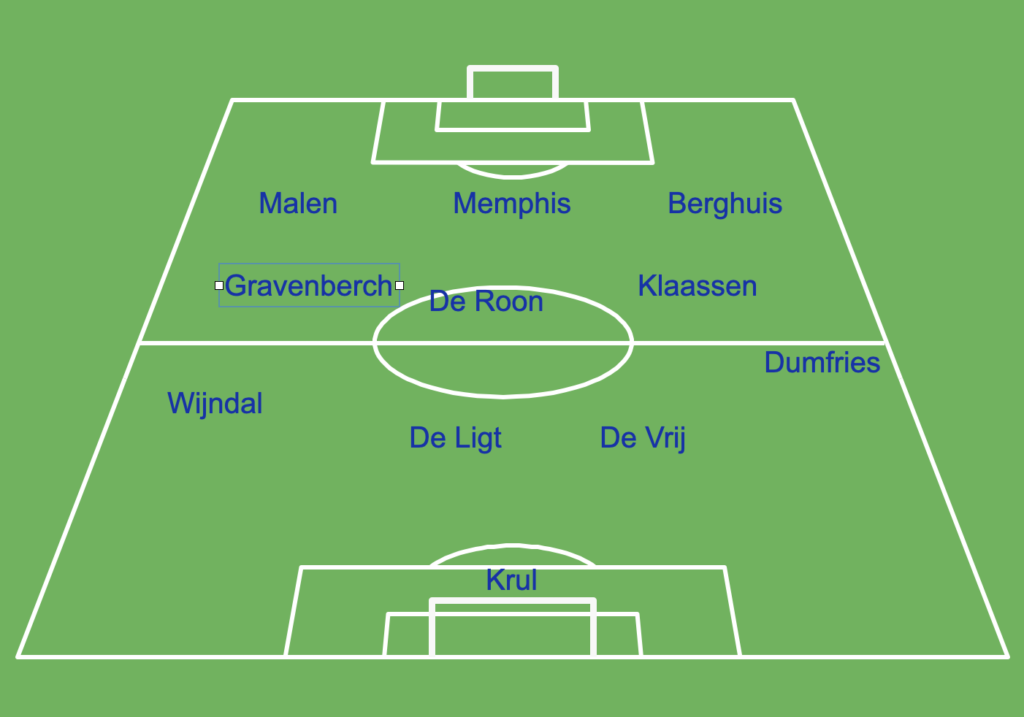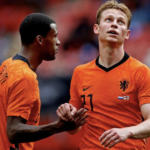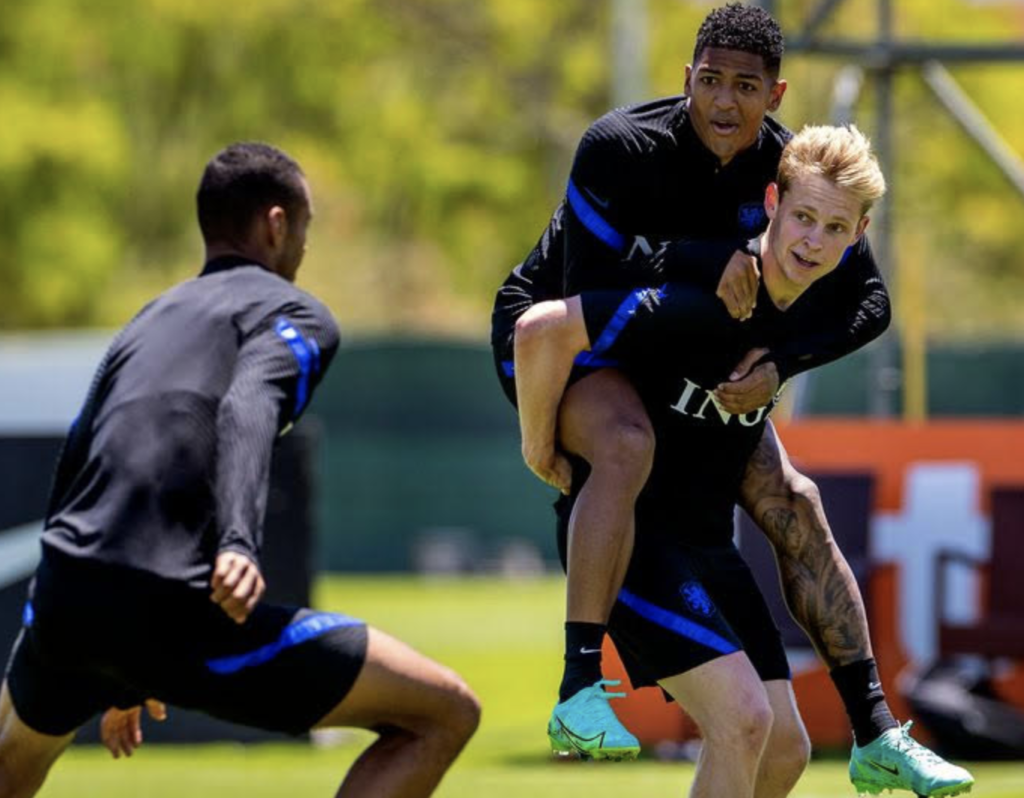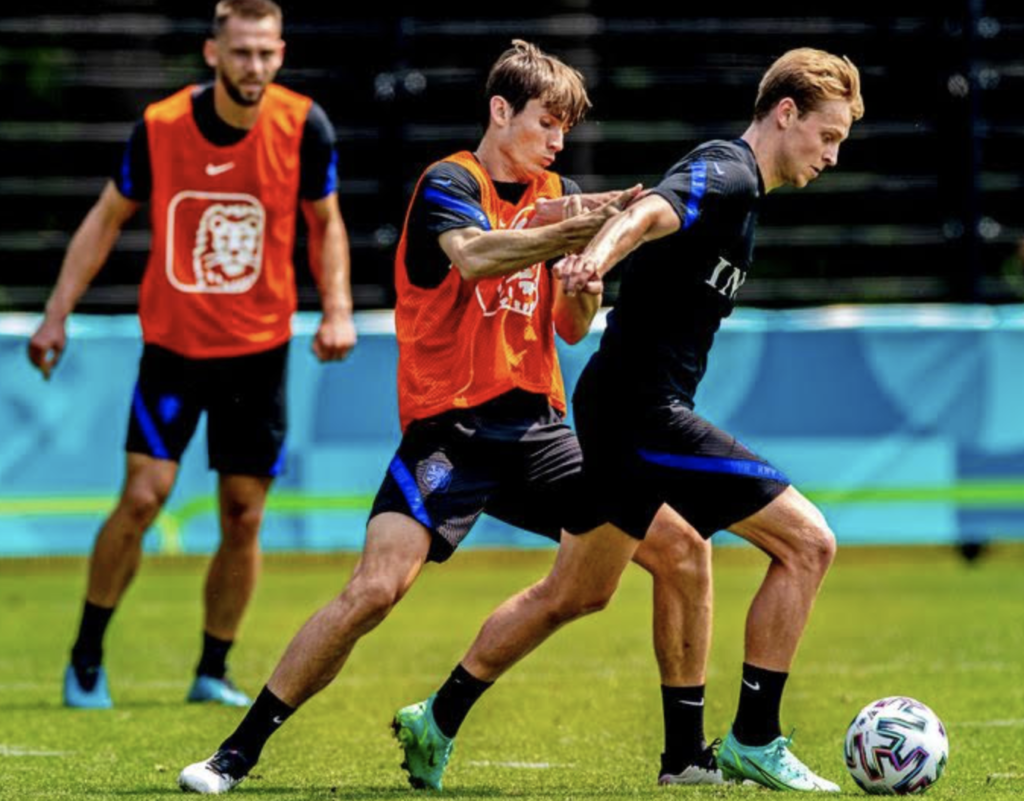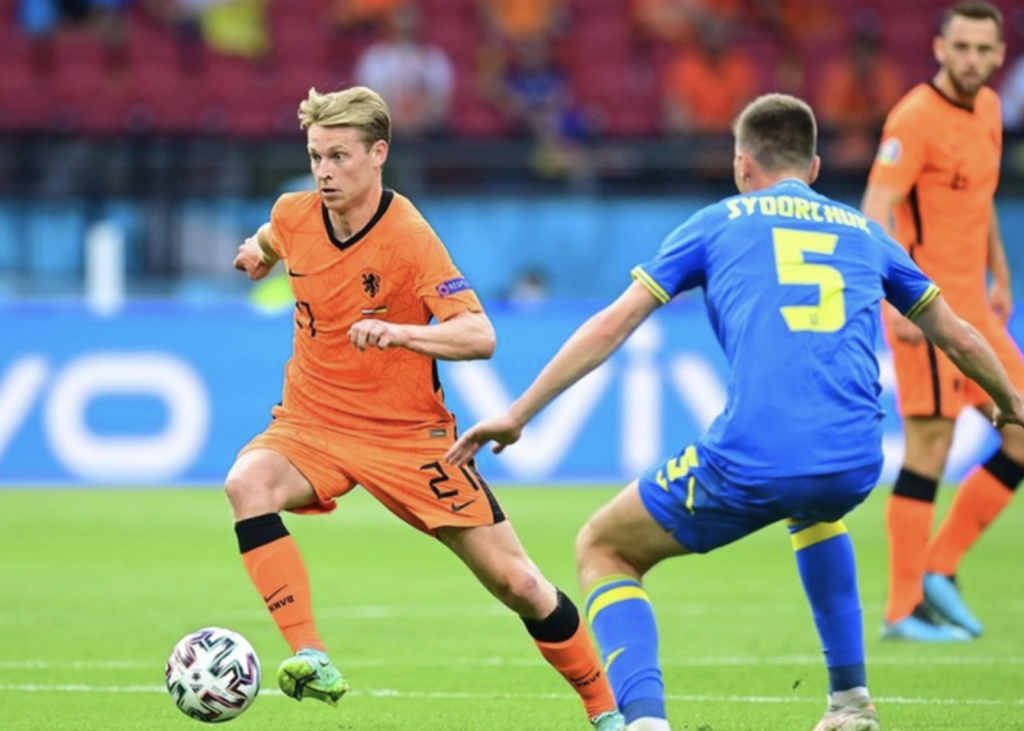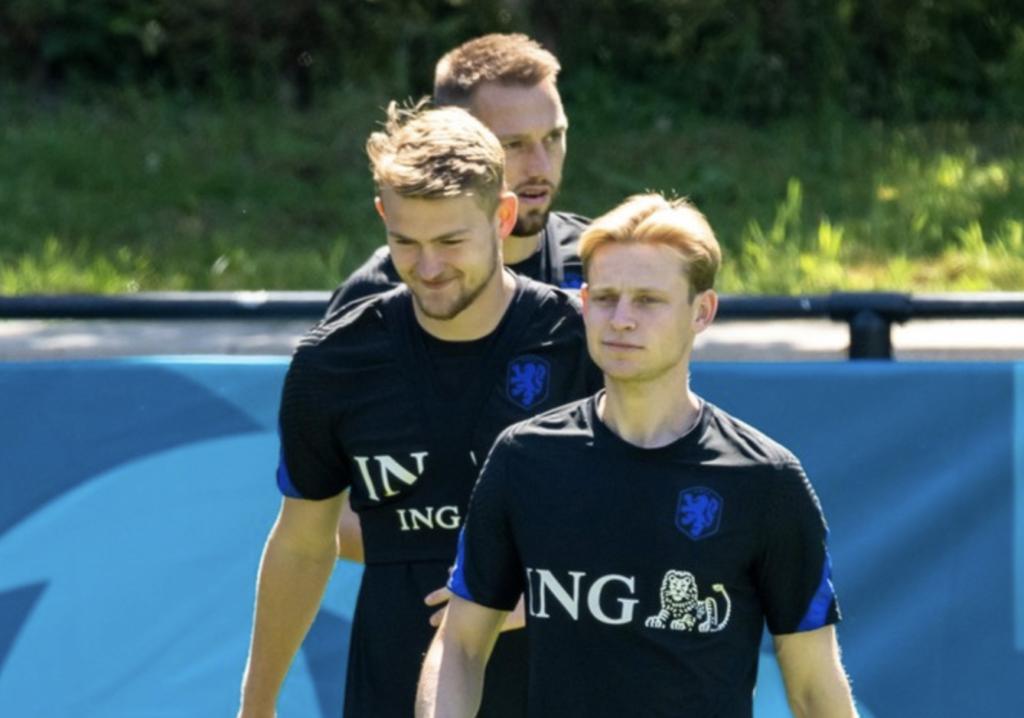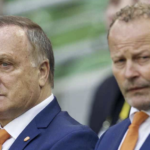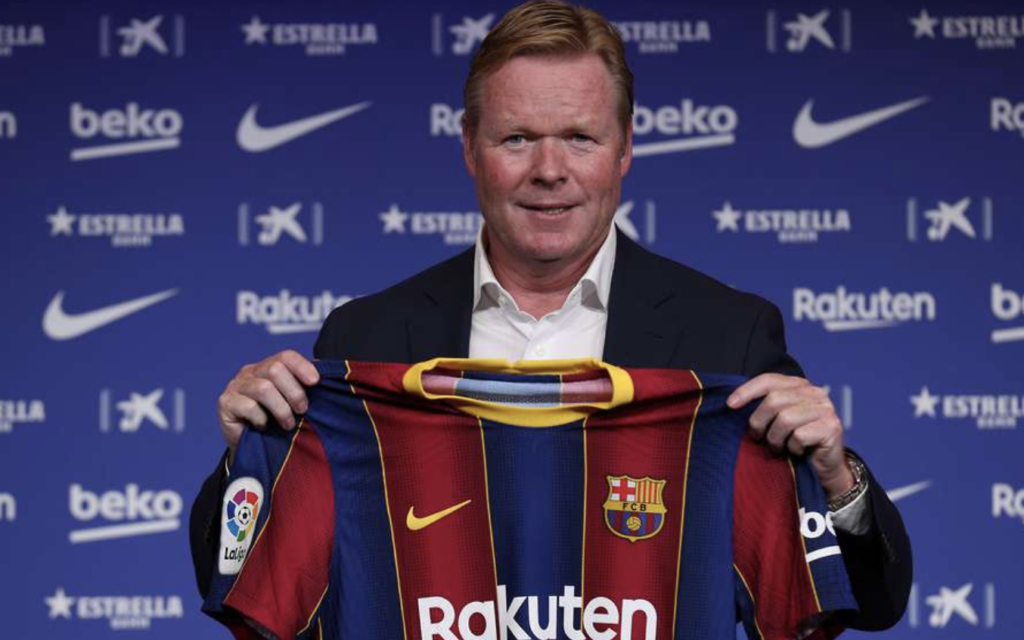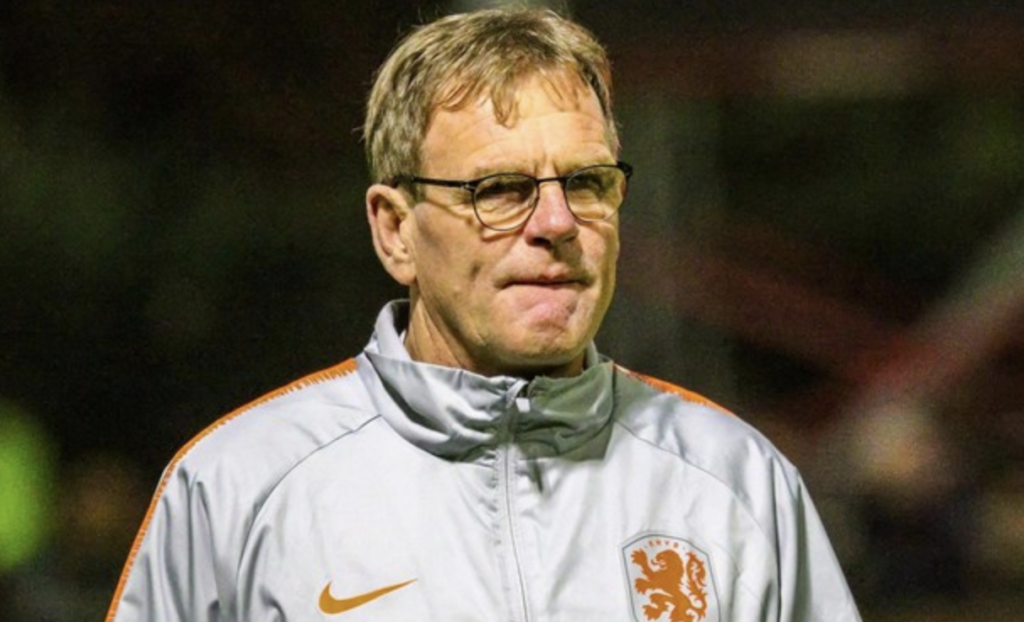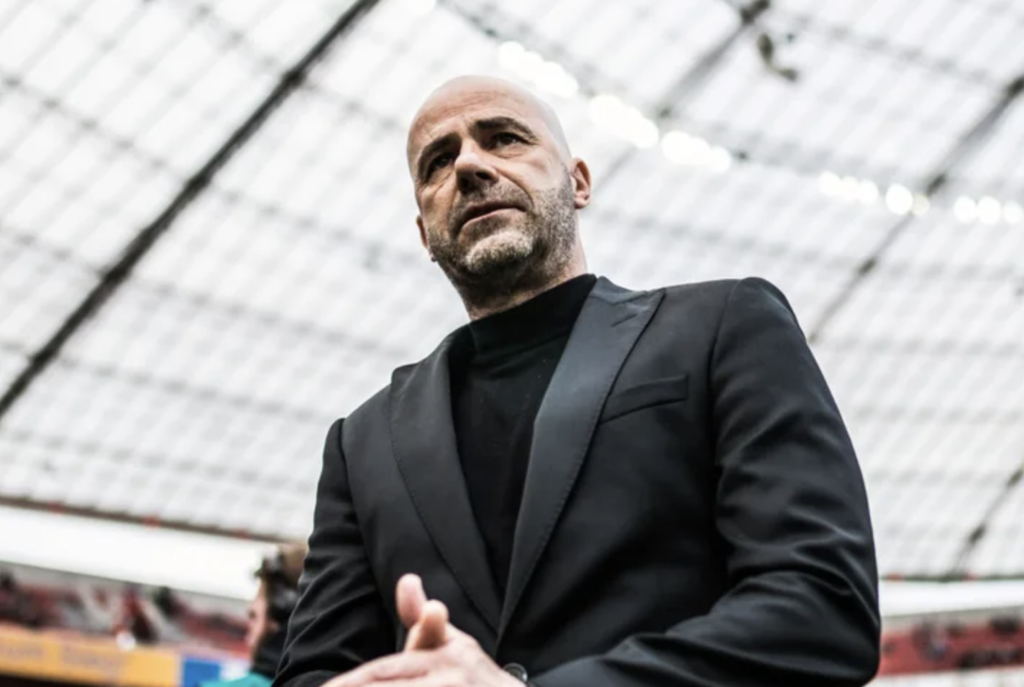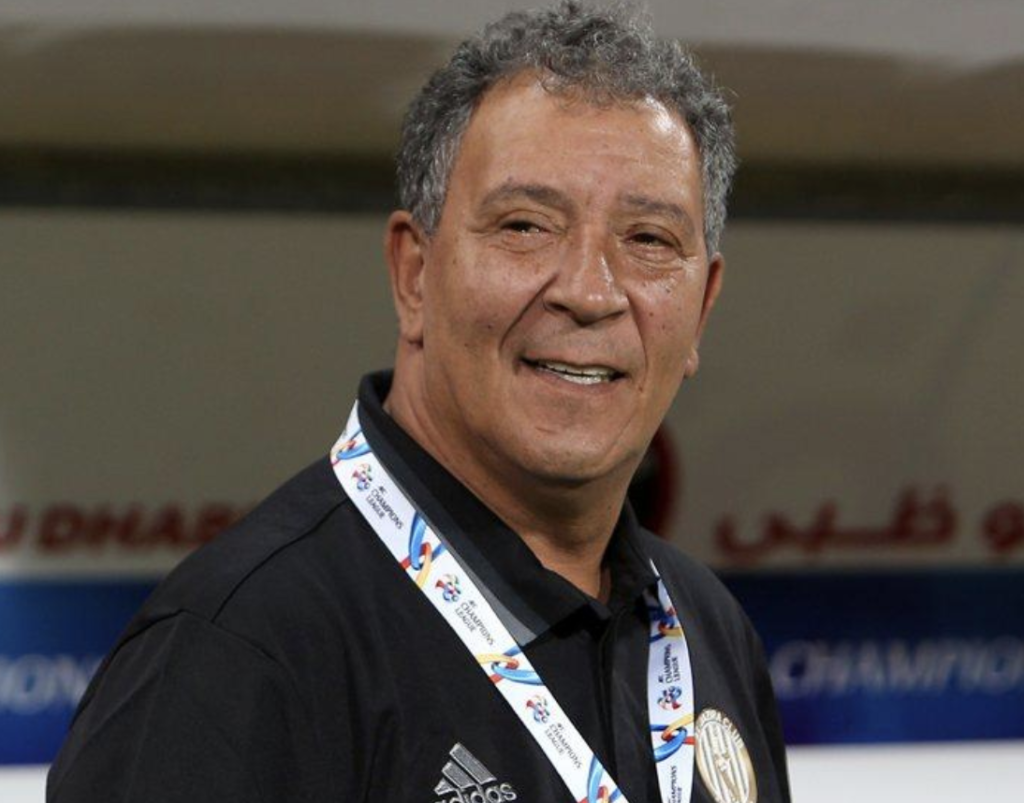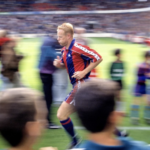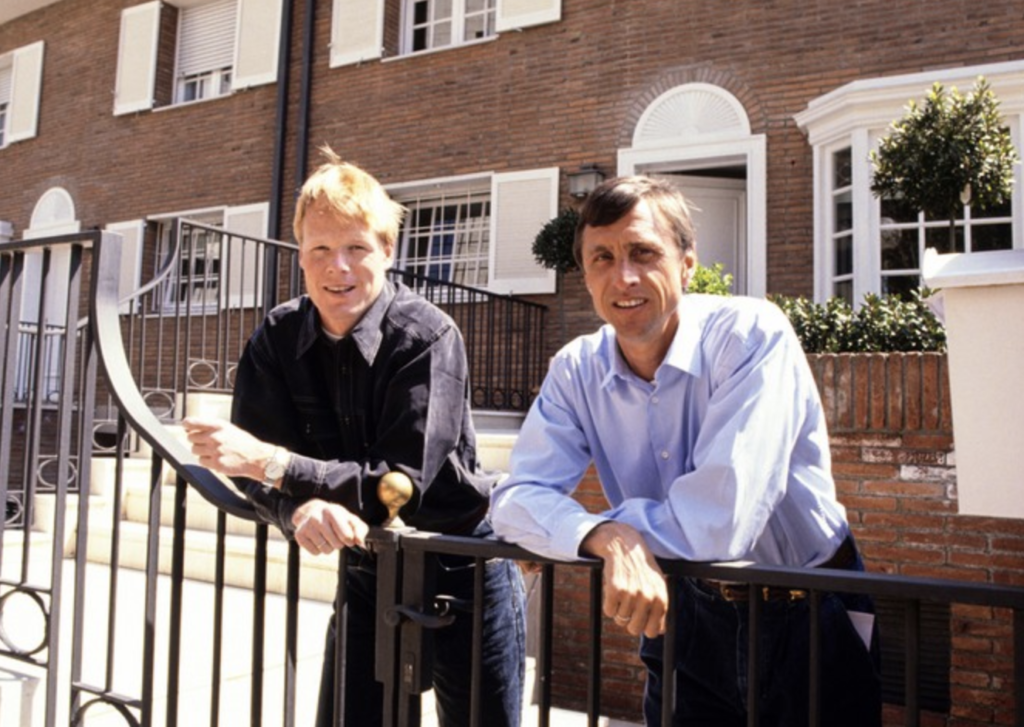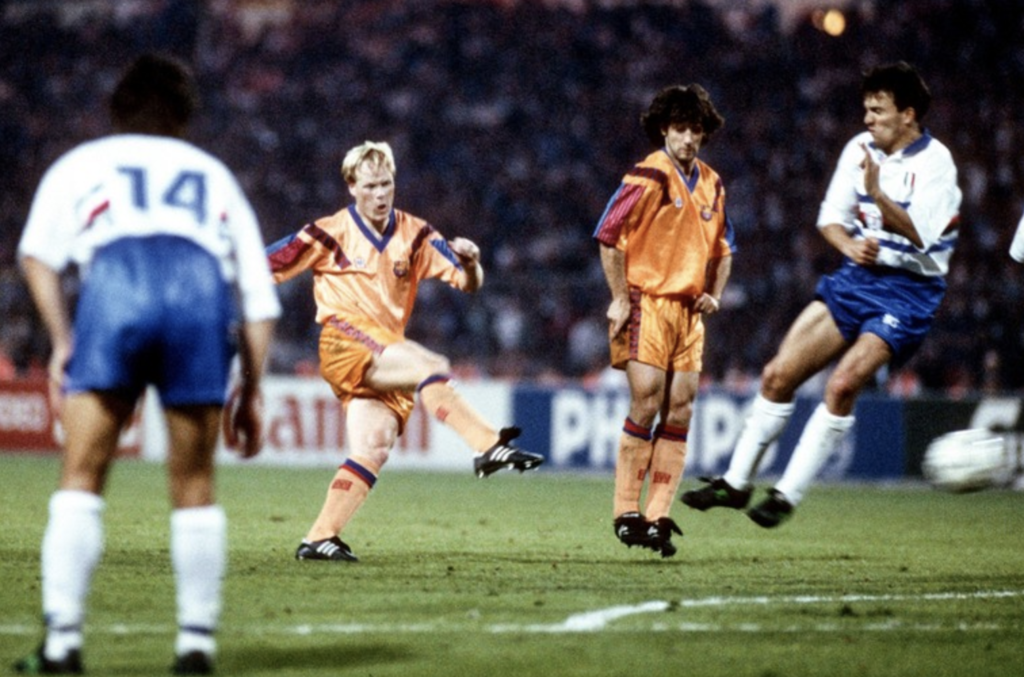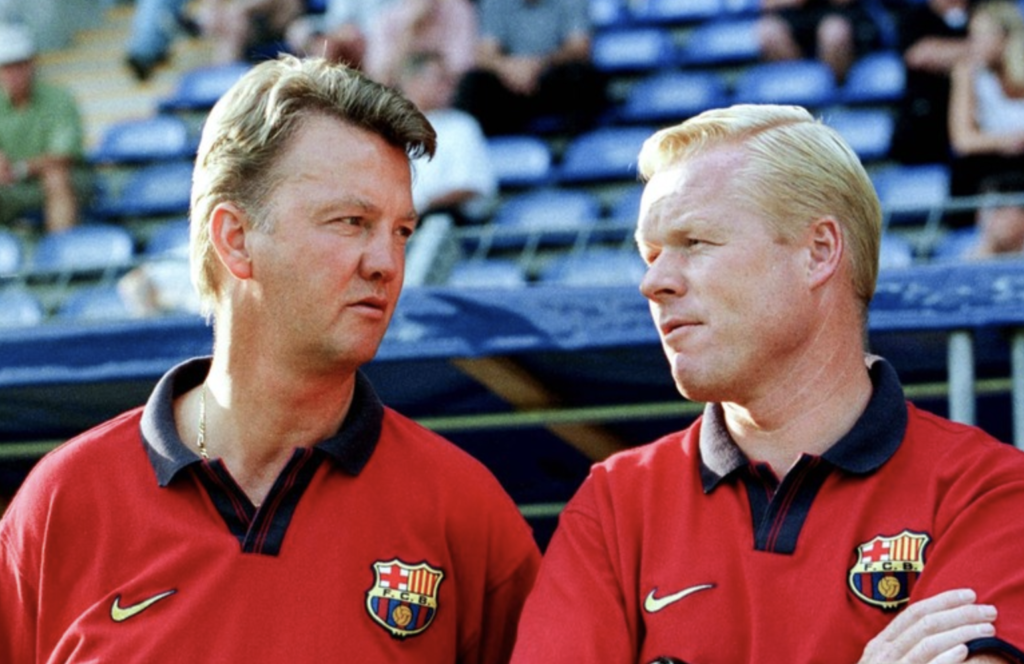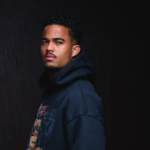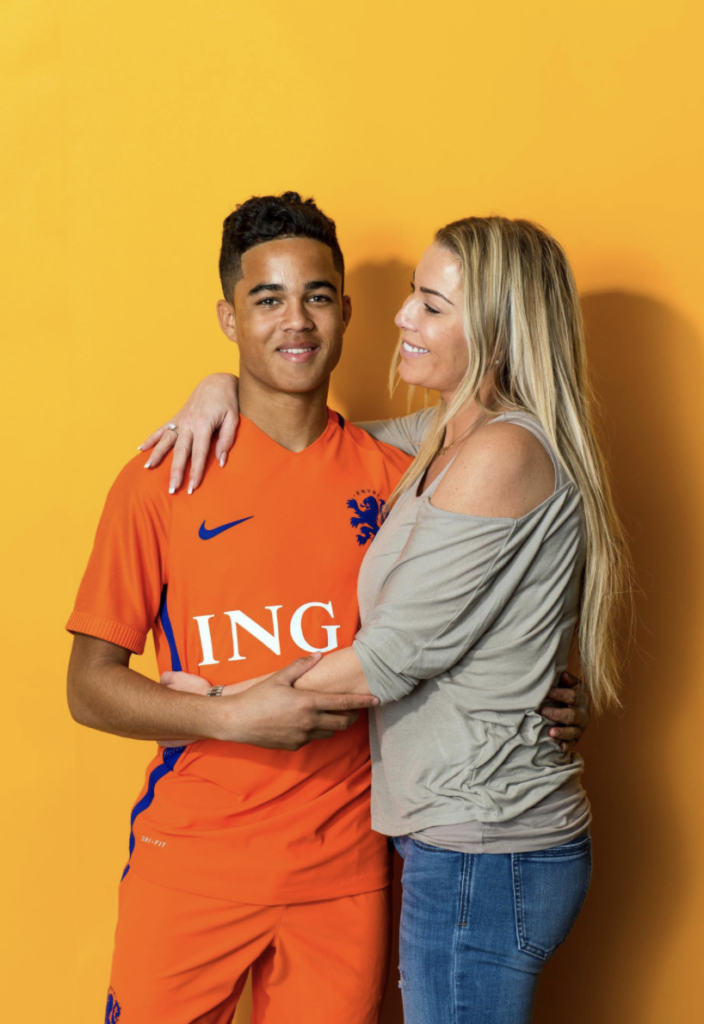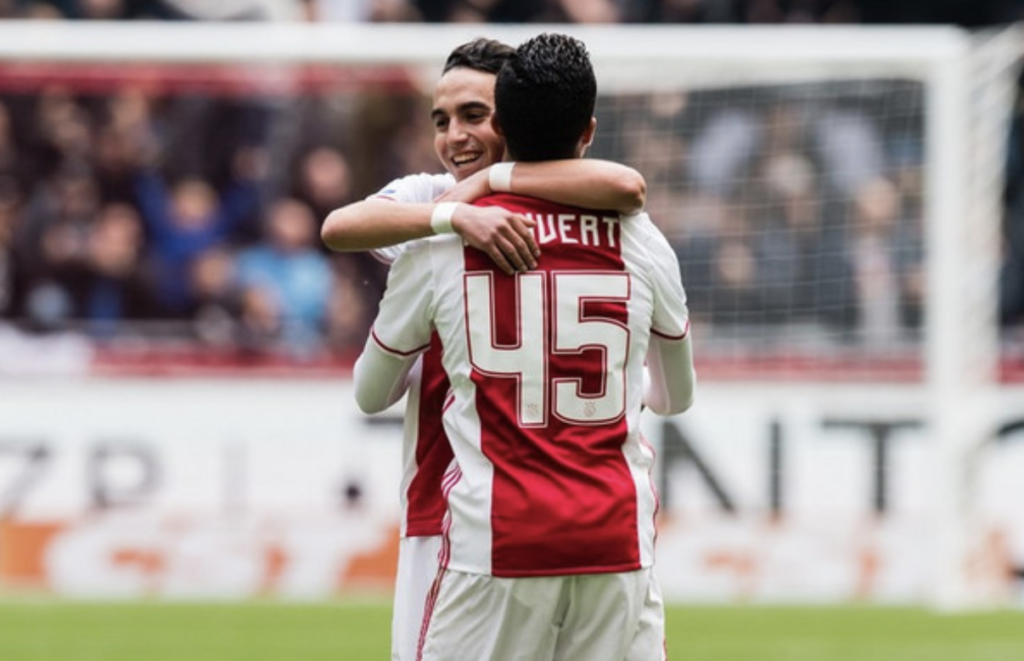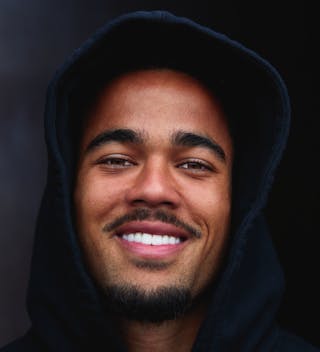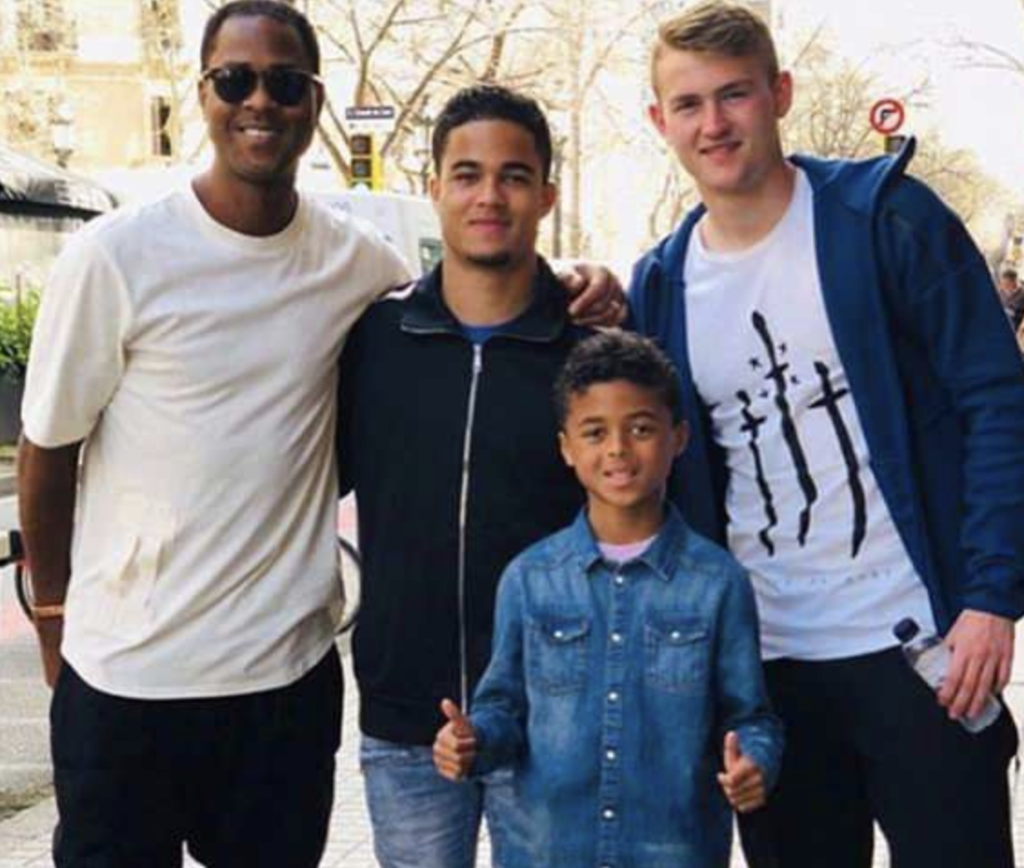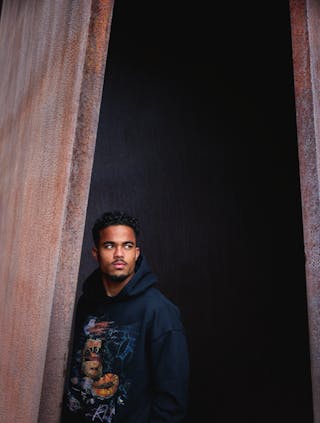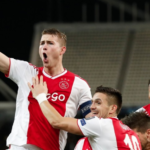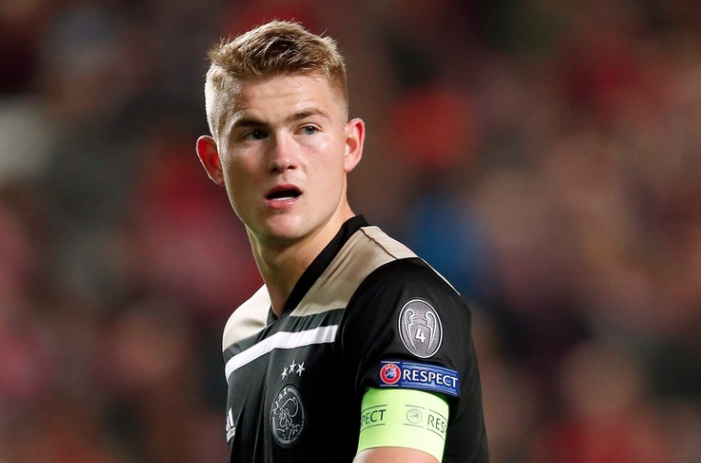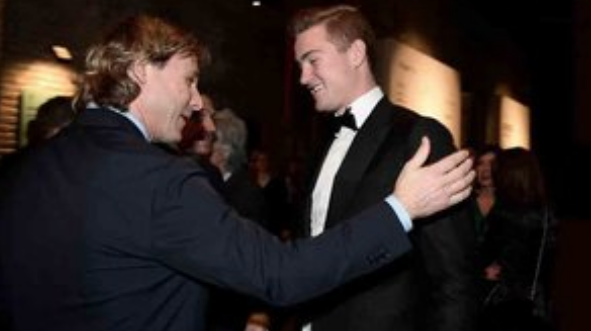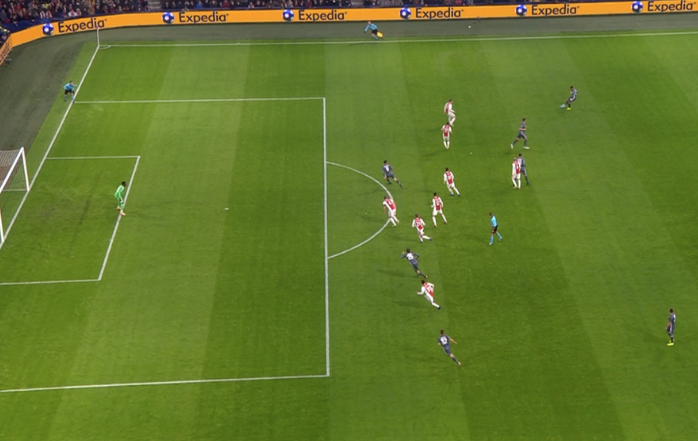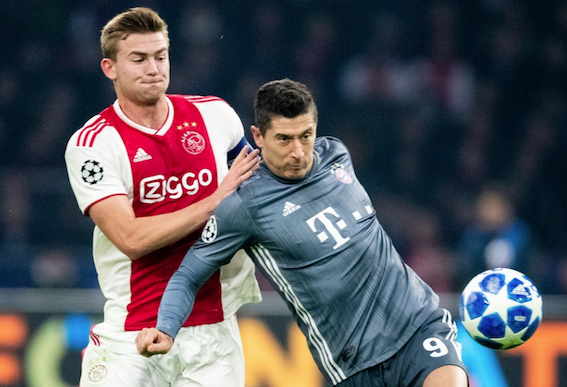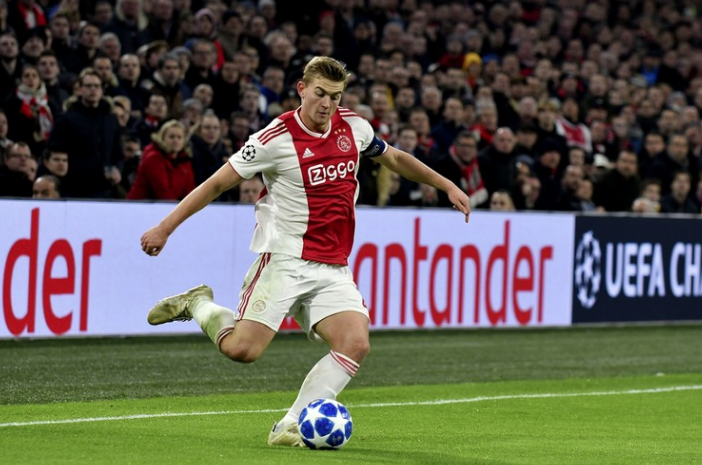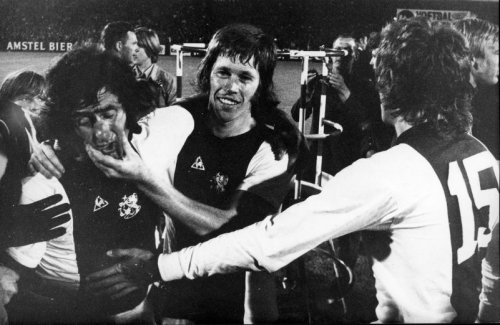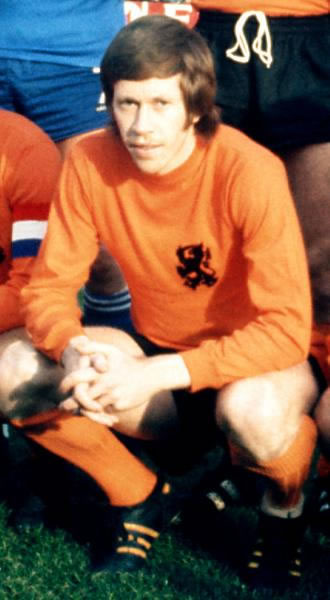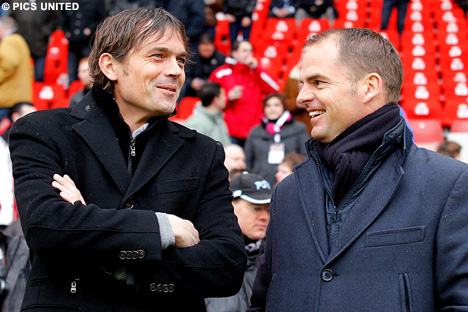Frenkie is a player who has been hailed as the grandmaster of current Dutch football and graced our pages here often. We discuss Van Gaal here and tactical systems and Memphis’ injury and all this, but we only have a chance to win something in Qatar when Frenkie can play his best version of himself.
There is a painting in Zeist, which is called The Dutch Masters. Johan Cruyff is the beaming centre of the painting. Frank Rijkaard, Marco van Basten but also Xavi Simons and Vera Pauw are on the canvass. Louis van Gaal is there as well.
It’s unclear if Frenkie is on it, I haven’t seen it, but he is currently the only Dutch Master in the squad (sorry Memphis, Virgil). Louis van Gaal: “Frenkie is always important. If the opponent wants to pressure us, he is the man who can play out of it. He is strong on the ball, can turn both ways easily but he can also give the final through pass or score a goal.”
Beautiful words
Frenkie: “Yes, it’s always nice to hear nice things from the coach.”
Did you have to get used to this national team manager?
“Not really. He has such a reputation and he does have a different approach and way of working. I have never worked with someone like that, and you sort of prepare for this. But it’s really good to work with him. He is very direct and I like that. You get clarity and you will hear it when you don’t do well but also if you do do it well. As a group, we can deal with this. We won’t be losing sleep because of his approach because we know why he does it. He is merely helping us win matches.”
Van Gaal said: we can win this World Cup. Agree?
“Of course, we can win it. We have a pretty good team. We might not be the favorite, but we don’t need to be the favorite. I never look at who the media push as the frontrunner. I agree with the coach, we can win it, but other nations can win it too. Our strength is the team spirit combined with good players. We are not France though. A big nation, with a bigger pond to fish in.”
Who wins it: the best team or the best players?
“The team. 100%. But that is always the case, in any competition. If you would plan a match between the best team and a team with the best players, the best team would win. And in a tournament, it’s about working as a team and do what you can, literally everything. That is the foundation of it all. When you can do this, the qualities of the individual players can make the difference. The team is a the foundation and we have this very solidly.”
So this Oranje is a good team?
“We’ll need to see. The vibe is top. We are willing to work our asses off. All ingredients are there. The coach has brought a structure and that helps us enormously. We play with a fixed core of 14 players or so and that brings automatisms and patterns.”
Is this system a good system for you?
“Oh yes. I can play in any system. I don’t even think in these terms. Whether it is 5-3-2 or 4-3-3 or 3-4-3… it’s all about a couple of meters left or right or back. The most important thing is that the positioning on the pitch is correct. When that is the case, any good player can play in it. The way we do it now suits me fine.”
Where were you when Robin van Persie headed the ball over Casillas in 2014?
“I was watching tv with my orange jersey on hahaha. I was 17 and playing for Willem II. I liked that tournament, but I loved the 2010 tournament. I was 13 and you do process it way more intense. I remember everything from that tournament. But I have always been an Oranje fan and when you can play a World Cup yourself it is the best, the highest, the most important… The Euros was different due to the Covid restrictions. We didn’t play for full stadiums and the matches were played in different countries. There was atmosphere and all that, but not really, you know? Now, it will be different, a World Cup is huge. Now we play Senegal and Equador. I never played these nations. I have played against Germany four times now, but might be playing Brazil or Argentina for the first time. I look forward to that.”
How do you view this World Cup in the winter?
“It’s different, isn’t it? With one 1 week prep. We had 4 weeks for the Euros. But, all nations are suffering from this. But we’re basically in WC preparation since Norway away, really. By now , it’s quite clear what is required and how we want to play and solve problems.”
Virgil van Dijk wasn’t there, at the Euros. What is the difference when Virgil plays?
“I was devastated when Virgil got injured. He is one of the best defenders in the world, if not The Best. He has so many qualities, but he’s also a leader. On the pitch, off the pitch. He has charisma and you can tell that opponents and even referees are impressed with him. And when we play, the way he organises, keeps everyone awake and alert and coaches, that also makes an impact. On us, but also on the opponent. When I look behind me and I see Van Dijk, that gives me a safe feeling. Certainty, or an insurance kindathing. I am happy for him that he can play this World Cup but also very happy for myself, hahaha.”
You are close with Memphis. Is he going to be ready?
“I think so. Or think… I know so. He has been working so hard the last weeks and I know him well, he is a true professional. No one can criticise him on his mentality and work rate. He trains when he has to and does even more than that. Memphis was born ready.”
We all know you are top player, but you also seem to have top mentality. I think you had this as a youngster already, but this last transfer summer in Spain you kept a really cool head…
“That is basically how I am. I simply won’t get nervous easily. It’s all between the ears. My family and my agent Ali Dursun supported me well, in what I want: stay at Barca. No discussion. And I stuck to my path. The world outside of the club can say whatever they want or have any opinion. It’s nothing to do with me. I knew what I wanted, and that is all that mattered. I think you will be doubting stuff, if you are not quiet in your head. And in all honesty, I used all that stuff to get motivated. That is how I dealt with it. I believe in myself and the rest is just noise.”

